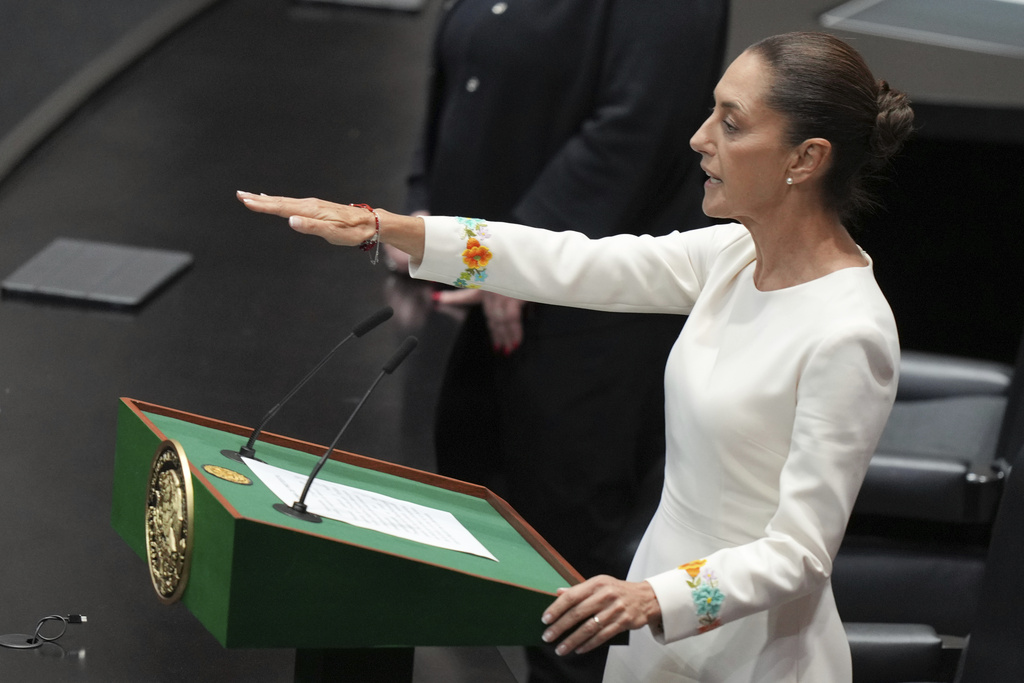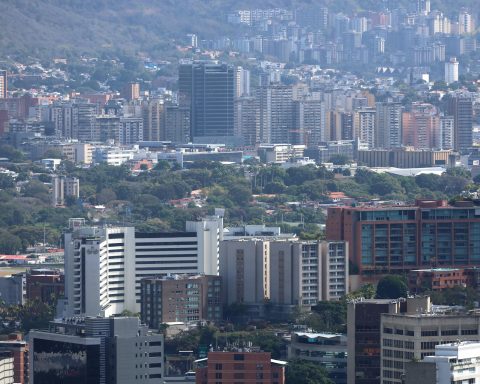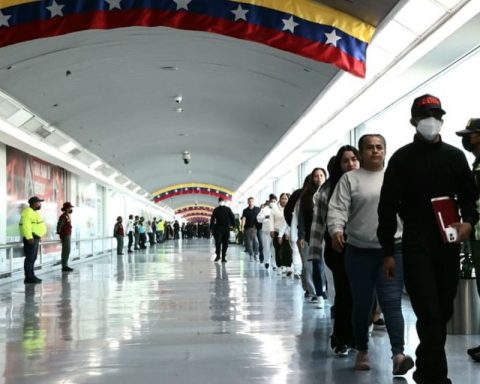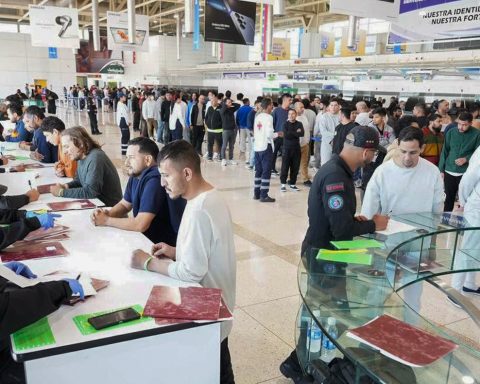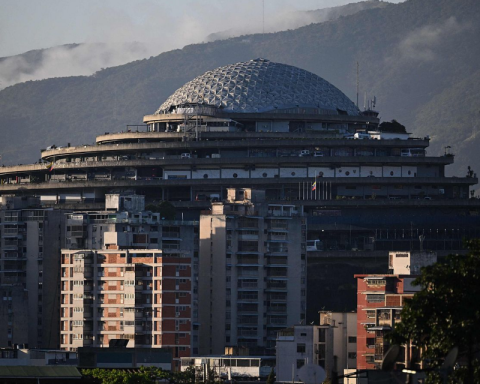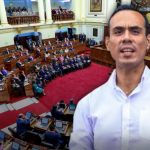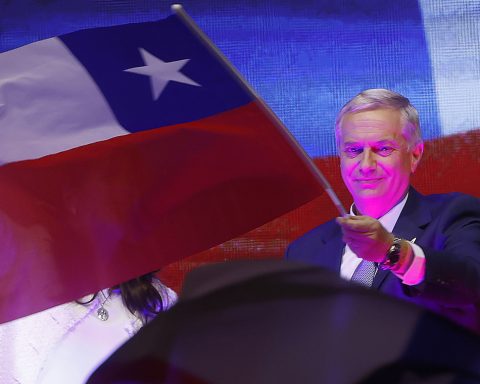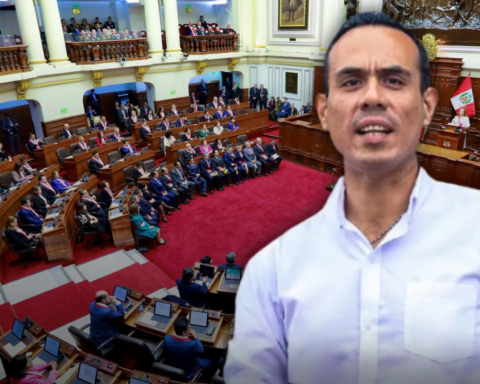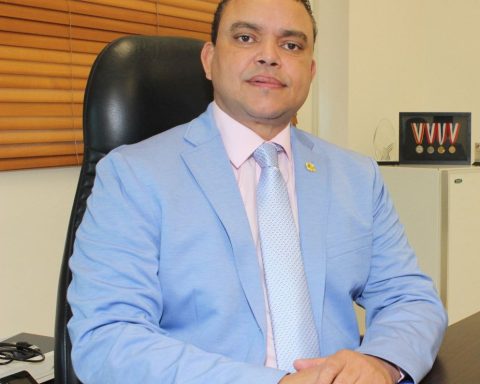Xabier Coscojuela, editorial member of SuchWhich spoke in #CocuyoClaroyRaspao with the Venezuelan journalist residing in Mexico, Juan Carlos Aguirre, about Sheinbaum’s arrival to power and the challenges he may face in his government.
On October 1, the president of Mexico, Claudia Sheinbaum, took office to succeed Andrés Manuel López Obrador in the government. In this way, she becomes the first Mexican president and her administration begins in the midst of strong questions regarding the security and justice of that country, as well as a complex international panorama with the political situation in Venezuela and the upcoming presidential elections in the United States. Joined.
Sheinbaum was the standard bearer of the ruling coalition Let’s Keep Making History and won the elections after defeating candidate Xóchitl Gálvez with 59.76% of the votes, on June 2 in the federal elections. Before becoming president, Sheinbaum was governor of Mexico City.
In #CocuyoClaroyRaspao, Xabier Coscojuela, editorial member of SuchWhich spoke with the journalist and CGTN correspondent in Mexico, Juan Carlos Aguirre, about the background of Sheinbaum’s arrival to power and the challenges that the ruler may face during her mandate. Both agreed that one of the reasons for the leader’s arrival at the National Palace was the support of López Obrador, who leaves the government with an approval margin of 57%.
“What catapulted AMLO’s numbers was the populist discourse, the division between the rich and the poor, the oppressed and those who have a lot,” said Aguirre.
The interviewee considered that the Mexican opposition was disjointed in the campaign and Gálvez was not up to the task of the electoral contest. In Aguirre’s opinion, there was “division within the unity” and that factor also facilitated Claudia Sheinbaum’s victory in the elections.
The journalist specified that since taking office, the Mexican president offered statements that contradict the official statistics on security and socioeconomic conditions in the Central American nation: “Sheinbaum in his position had said that Mexico had reduced its poverty, but the “Numbers in the end have said that it increased by 0.01% compared to Peña Nieto’s six-year term.”
Aguirre added that the data does not show the success of the Mexican government in countering the violence and homicide figures, but he was in charge of carrying out good discursive and communication management.
Everything depends on whether Sheinbaum is going to continue with the same tone as his speech at the inauguration. She said that Calderón’s war brought many deaths, but in the last six-year term there were more. It does not mean that the population increased, but that there was more violence.
Regarding the new president, the interviewee indicated that Sheinbaum is a more pragmatic leader than López Obrador, but with a more marked political doctrine. He recalled that during his management in the Mexican capital, several people recognized his management and diligence.
The new president’s government will also be marked by possible constitutional reforms. Aguirre specified that any change in the constitutions is a warning sign:
Sheinbaum talks about making electoral reforms. There is an alarm sign there, a judicial reform has already been carried out (…) if I believe that talking about constitutional reforms is a warning sign, there are at least 10 intentions to change the Constitution.
The journalist warned that modifying the election of judges that is traditionally done through the Mexican Congress, so that it is a popular vote, is not necessarily something positive to improve the judicial power: “I can’t imagine what the campaign of a magistrate will be about what He will do justice if you vote for him. “I do not agree with judicial reform.”
Regarding Mexico’s possible policy towards Venezuela, Aguirre expressed that the Sheinbaum government may choose not to recognize Nicolás Maduro as president until the electoral records are published, but they may prefer to maintain a neutral position regarding the situation in the country. .
See the full program by clicking click here.
Post Views: 134
